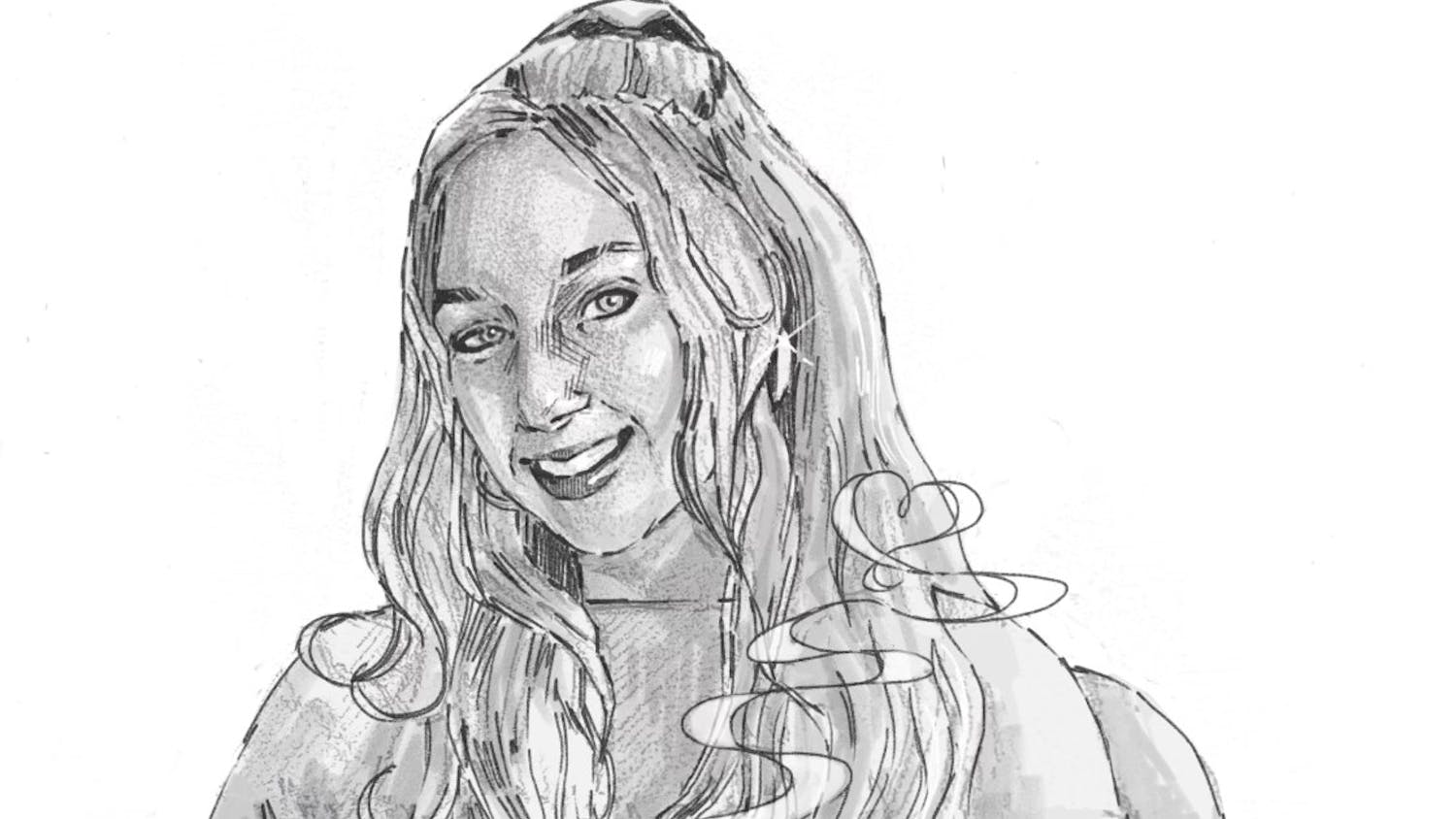On Feb. 7, the student newspaper of Central Connecticut State University (CCSU), The Recorder, included an article in the opinions section titled "Rape Only Hurts If You Fight It."
In case you haven't read the article, it includes some controversial material (and that's an understatement): "If it weren't for rape, how would (ugly women) ever know the joy of intercourse with a man who isn't drunk?" The writer of the story (and opinions editor of the paper), who began the piece by describing rape as "a magical experience that benefits society as a whole," said that it was meant as a satire.
He may have been the only one who saw it that way. At CCSU, students held protests and town meetings, demanding the resignation of both the opinions editor and the editor in chief of the newspaper. Internet bloggers had a field day criticizing the judgment of the student journalists.
According to NBC 30 Connecticut, CCSU's student council is considering measures to reform the newspaper, including provisions to increase "adult input." Allowing advisors and/or college administrators to censor the press is a scary and unacceptable proposal that threatens the rights of college students.
I want to make it perfectly clear that had I been editor in chief of that paper, I never would have allowed that article to be published. But the actions of CCSU's editorial board, though inexcusable, should not be interpreted as proof that students do not have sufficient judgment to run effective newspapers.
College is meant to serve as a forum for sharing ideas and challenging authority. A free college press allows us to voice our concerns, whether they are about Sodexho, Senior Week or Liberal Learning. Any system of prior restraint by college administrators - even if it is designed to filter out stories like the one at CCSU - will surely result in the removal of material with meaningful messages.
The student journalists for The Signal, The Recorder and other college newspapers around the country are just that: students. They volunteer as reporters and editors because they are interested in journalism and want to learn and improve. And when students are learning, it is inevitable that mistakes will be made. The problem is that while an error on a calculus problem results in points off on a test, a mistake by a newspaper editor gets scrutinized by the entire campus community.
The mistakes made by student journalists are also a lot more complex than they seem. A newspaper full of spelling and grammatical errors is one thing, but here we are talking about errors in judgment - which, no matter how much it is taught in classes, the only way to learn it is through experience.
Some stories are blatantly offensive with no journalistic value; they say rape only hurts if you fight back. These stories deserve no place in a newspaper - but these are the minority. Most fall somewhere in between. These are the stories in which editors must undertake the unenviable task of weighing writers' First Amendment rights against the possible harm created by the content.
Should those responsible for publishing the rape story lose their jobs? Probably. But let's not allow the poor judgment of a few individuals to sway us toward censoring students' most effective public forum.






